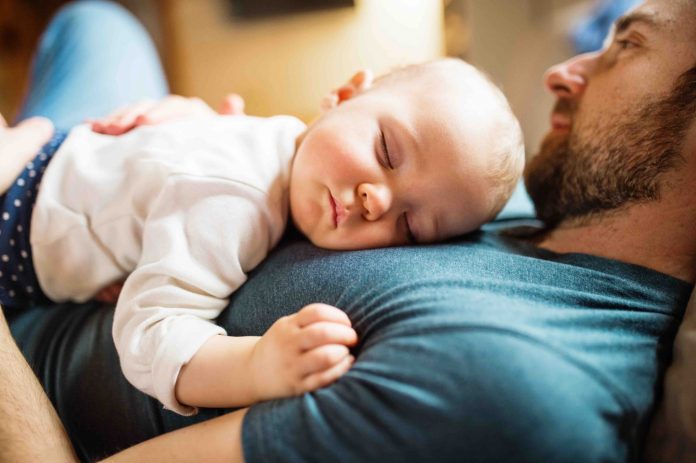A US-based study published in The Journal of Pediatrics reveals that behavioural sleep interventions (BSIs) are beneficial and safe in promoting infant sleep self-regulation.
The interventions include parental presence, controlled crying (referred to as modified extinction) and cry it out (or unmodified extinction), and have been found to be safe and effective, and beneficial in preventing “considerable distress for families”, according to Flinders University clinical psychology researcher and international infant sleep expert, Dr Michael Kahn, who is also currently an Assistant Professor at Tel Aviv University, Israel.
“There is controversy about the safety and even necessity of BSIs, yet claims against these interventions are theoretical in nature, whereas research evidence to date has not provided any indication of short- or long-term adverse consequences of BSIs,” Dr Kahn said.
“Our study provides further evidence for the safety of these interventions by demonstrating that parents who had and had not used them did not differ in measures of parent-infant bonding, parent depression, or parent sleep.”
In terms of infant sleep, the study found that implementing unmodified and modified extinction was associated with longer and more consolidated infant sleep, suggesting that these interventions are effective in decreasing pediatric insomnia symptoms.
“Many parents may want to try these interventions but are reluctant given non-based claims that they are unsafe,” Dr Kahn said.
“Parents and clinicians should thus be aware of the range of safe evidence-based treatments available to ameliorate infant sleep problems, which could considerably improve parents’ health and wellbeing.”
To read the study, visit: sciencedirect.com/science/article/abs/pii/S0022347622010009









